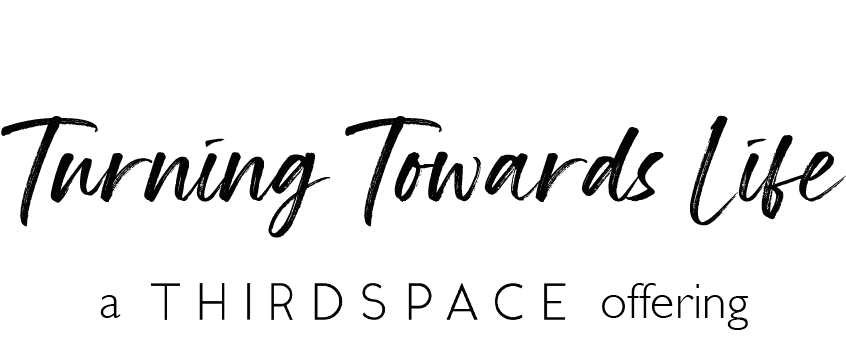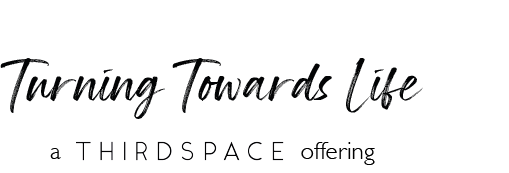The Discomfort of What Matters, Episode 209
It’s easy to judge and berate ourselves for getting distracted, especially when we find ourselves scrolling through social media rather than attending to the things that matter most to us - the projects, conversations, commitments that we know are most meaningful in our lives. But when we see that our distraction is a result of something very tender - our attempts to not feel grief at how little control we have of how things turn out, and at the realisation that everything, even what matters mosts, ends - then perhaps we can understand ourselves in a way that kindles our courage and compassion.
This week's Turning Towards Life is a conversation about how we might find a kinder way to hold the fearful tender parts of ourselves and help them to step in when they would rather we checked our email, hosted as always by Lizzie Winn and Justin Wise of Thirdspace.
Here's our source for this week:
The Discomfort of What Matters
Why, exactly, are we rendered so uncomfortable by concentrating on the things that matter to us - the things we thought we wanted to do with our lives - that we'd rather flee into distractions, which, by definition, are what we don't want to be doing with our lives? ... Whenever we succumb to distraction, we're attempting to flee a painful encounter with our finitude - with the human predicament of having limited time, and more especially, in the case of distraction, limited control over that time, which makes it impossible to feel certain about how things will turn out...
When you try to focus on something you deem important, you're forced to face your limits, an experience that feels especially uncomfortable precisely because the task at hand is one you value so much... You're obliged to give up your godlike fantasies and to experience your lack of power over things you care about...
What we think of as 'distractions' ... are just the places we go to seek relief from the discomfort of confronting limitation... 'Checking your phone beneath the dinner table' is what you do because it's hard to focus on the conversation - because listening takes effort and patience and a spirit of surrender, and because what you hear might upset you, so checking your phone is naturally more pleasant.
The most effective way to sap distraction of its power is to stop expecting things to be otherwise, to accept that this is simply what it feels like for finite humans to commit ourselves to the kinds of demanding and valuable tasks that force us to confront our limited control over how our lives unfold... There is a very down-to-earth kind of liberation in grasping that there are certain truths about being a limited human from which you'll never be liberated. You don't get to dictate the course of events. And the paradoxical reward for accepting reality's constraints is that they no longer feel so constraining.
Oliver Burkeman, from 'Four Thousand Weeks'
Photo by Dimitri Tyan on Unsplash

